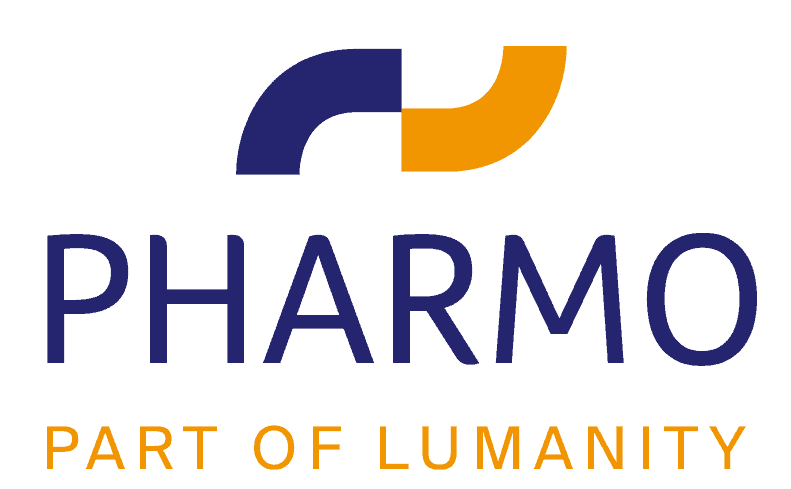Immortal time bias in pharmacoepidemiological studies on cancer patient survival: empirical illustration for beta-blocker use in four cancers with different prognosis
Immortal time bias (ITB) is still seen frequently in medical literature. However, not much is known about this bias in the field of cancer (pharmaco-)epidemiology. In context of a hypothetical beneficial beta-blocker use among cancer patients, we amed to demonstrate the magnitude of ITB among 9876 prostate, colorectal, lung and pancreatic cancer patients diagnosed between 1998 and 2011, which were selected from a database linkage of the Netherlands Cancer Registry and the PHARMO Database Network
